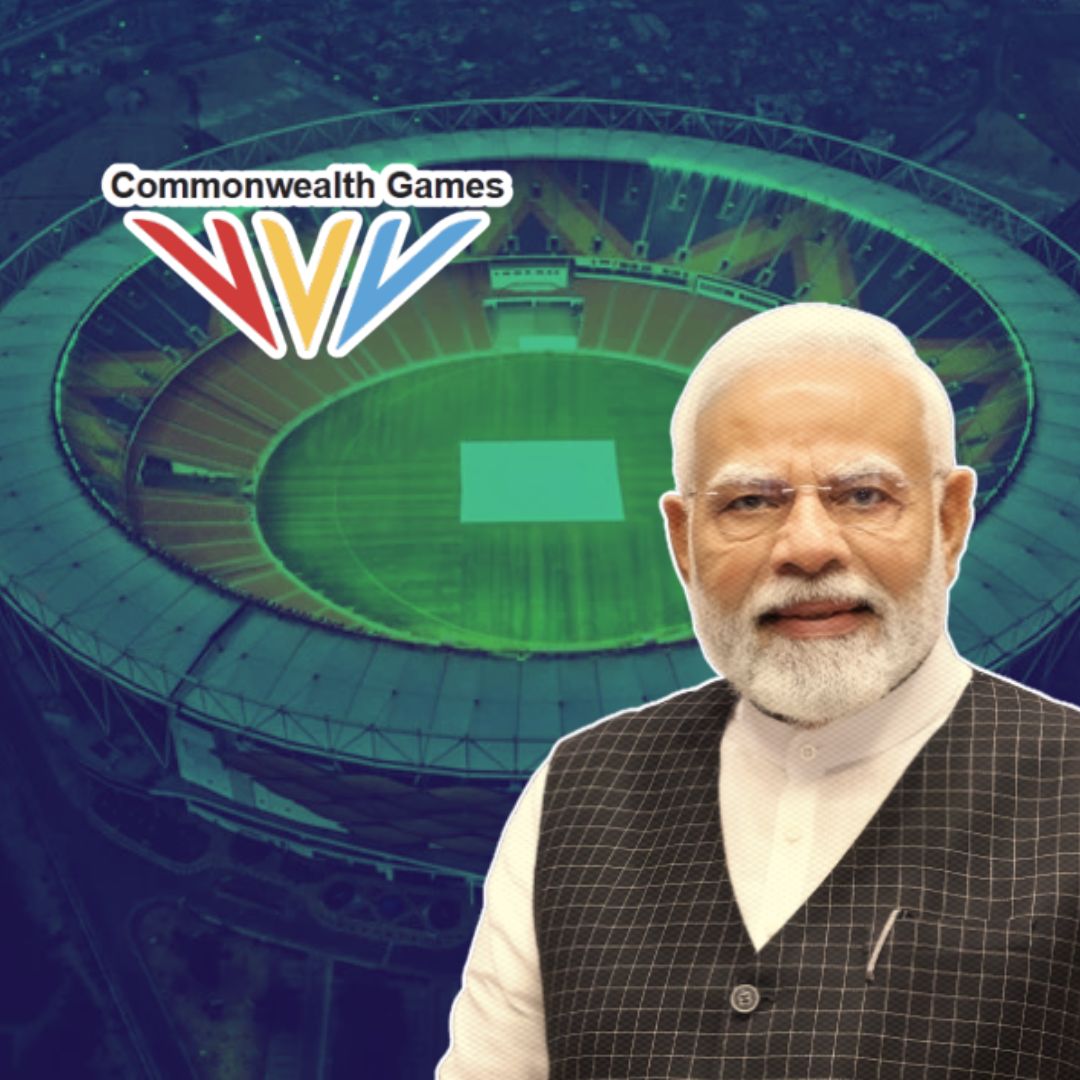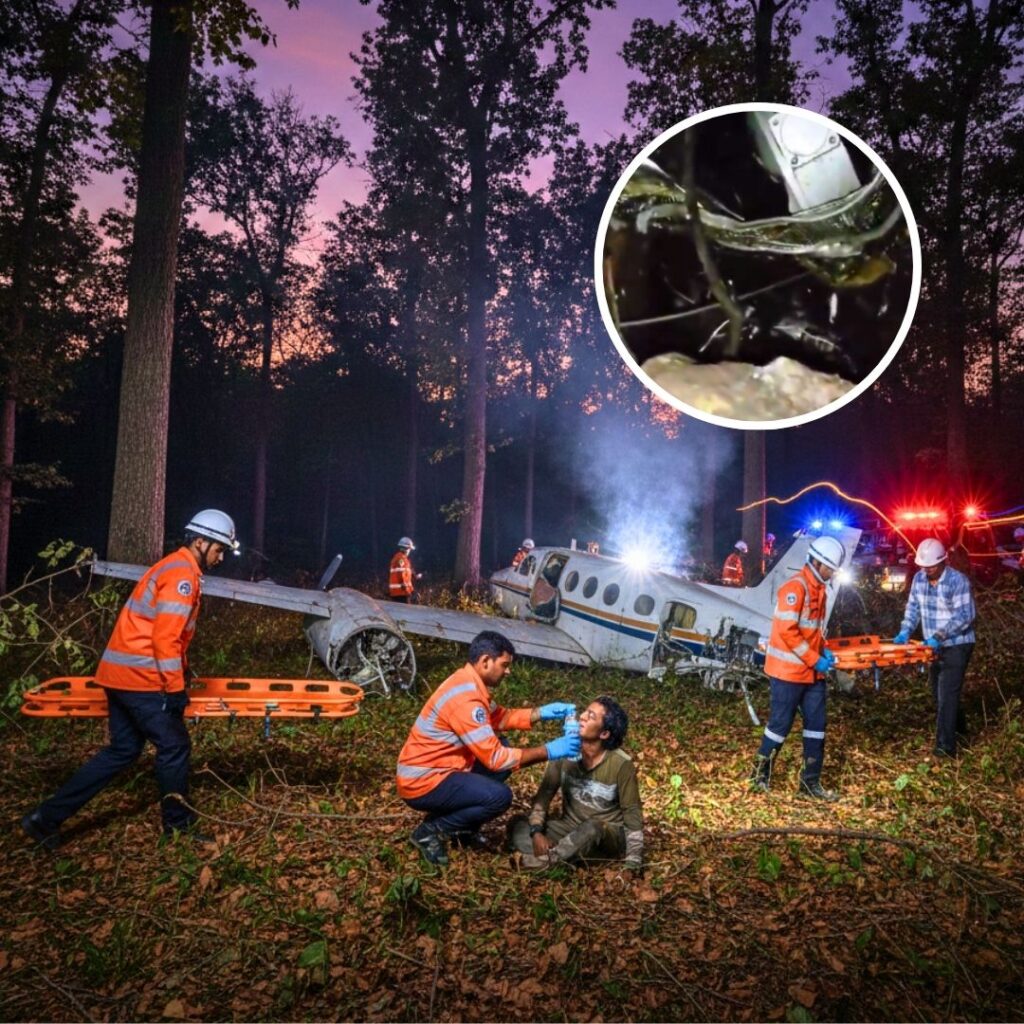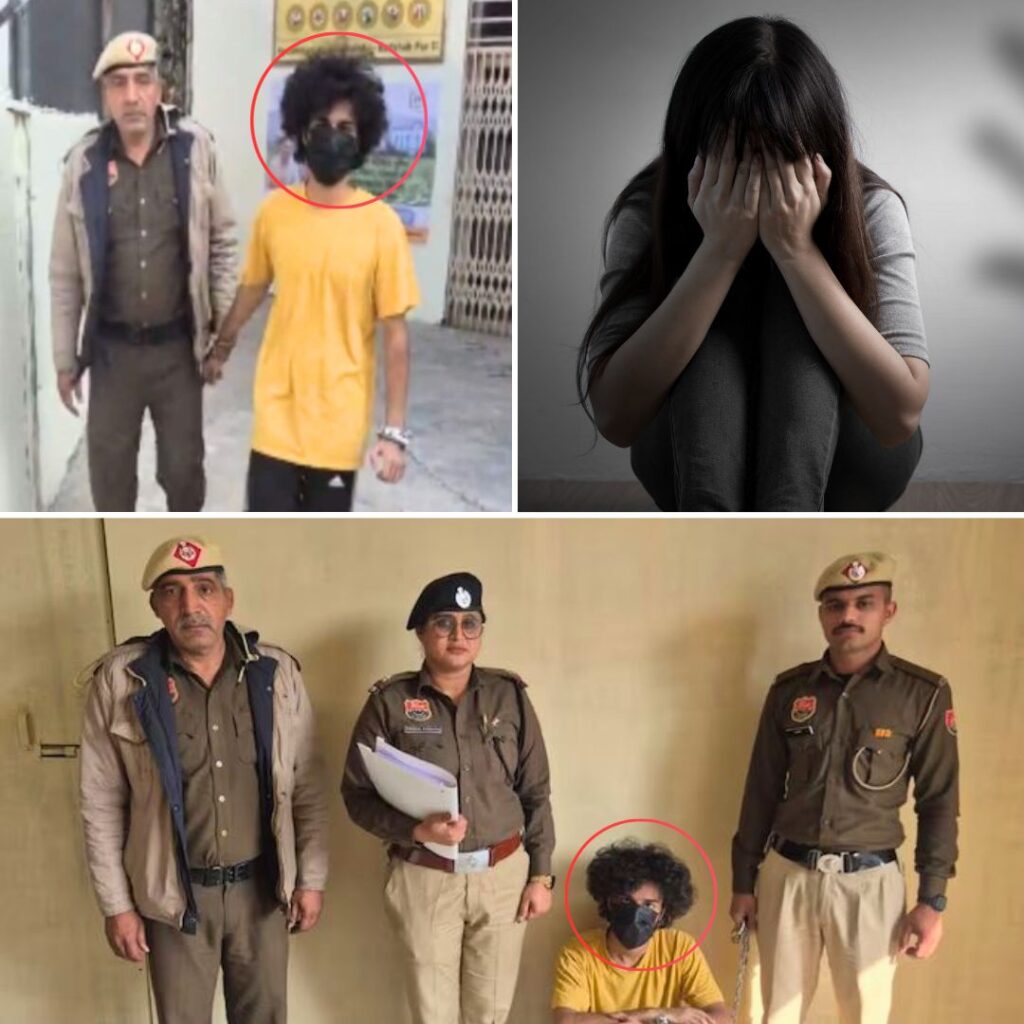The Union Cabinet of India, chaired by Prime Minister Narendra Modi, approved the official bid submission for hosting the 2030 Commonwealth Games in Ahmedabad on August 27, 2025. This includes signing the Host Collaboration Agreement and committing financial aid contingent on winning the bid.
The Games are set to attract athletes and officials from 72 Commonwealth nations, promising a significant boost to the economy, tourism, and India’s sports culture. This initiative aligns with India’s broader vision to host the 2036 Olympic Games, with Sports Minister Mansukh Mandaviya highlighting India’s preparedness for global sporting events.
Ahmedabad: A World-Class Host City in the Making
Ahmedabad has been chosen as the host city owing to its world-class infrastructure and experience in hosting major global sports events. Central to the Games will be the Sardar Vallabhbhai Patel Sports Enclave in Motera, anchored by the Narendra Modi Stadium, the world’s largest cricket stadium with a seating capacity exceeding one lakh.
The enclave’s development includes 10 new stadiums designed for various sports such as gymnastics, skateboarding, softball, and tennis, along with an aquatics centre, indoor arenas, athletes’ village, and hotels. The recently completed Veer Savarkar Sports Complex has already hosted the 2025 Commonwealth Weightlifting Championship, featuring participants from 30 countries. Infrastructure upgrades extend beyond sports venues, with projects like the Mumbai–Ahmedabad bullet train, airport expansion, metro and bus rapid transit system extensions, and road widening aimed at enhancing connectivity and accessibility.
These developments are expected to create extensive employment opportunities and economic benefits beyond sports alone.
Boosting Economy, Sports, and Society
The Commonwealth Games 2030 is poised to deliver significant social and economic benefits. Anticipated participation from athletes, coaches, officials, media, and tourists will provide a stimulus to the hospitality, transport, media, and retail sectors.
The Games are projected to create jobs in sports science, event operations, broadcasting, IT, public relations, and hospitality. Skill development programmes will also benefit professionals across these domains. Moreover, India hopes to restore some traditional and lesser-known sports like kabaddi and kho kho, promoting diversity in the international sports arena.
The Games are part of a strategic plan to enhance India’s global sports profile, following the successful 2010 Commonwealth Games in Delhi and setting the stage for the 2036 Olympic bid. Improved infrastructure, urban development, and satellite towns around Ahmedabad will also foster long-term regional growth.
A Call for Inclusive and Sustainable Progress
The Logical Indian views the 2030 Commonwealth Games as an extraordinary opportunity for India to promote unity, empathy, and global friendship through sport. Beyond the allure of international competition, the event should advance inclusive development, ensuring benefits reach diverse communities.
It is crucial for India to leverage this platform to foster sustainable growth, social cohesion, and harmony among Commonwealth nations. The Games can transcend sport to become a driving force for positive social change, encouraging young athletes, inspiring civic pride, and strengthening international bonds.
The Union Cabinet has approved the proposal of the Ministry of Youth Affairs & Sports for submission of bid for the Commonwealth Games (CWG) 2030.
— Ministry of Information and Broadcasting (@MIB_India) August 27, 2025
Athletes from 72 countries will participate in the Commonwealth Games.
It will also include participation of a large number of… pic.twitter.com/qBBWHEUT3M











